Our Story
Proudly local since day one. The East of England Co-op story.
Where it all Began
In 1861, a group of local people in Colchester had a bold idea: work together, trade fairly and give back to the community. They opened a small shop with a big vision – to make life better for everyone and where every member had an equal share.
Growing Stronger, Together
Over the years, more co-ops popped up across Norfolk, Suffolk and Essex. One by one, they joined forces - becoming the East of England Co-op you know today. Member owned, community focused and proud of our roots.
Your Co-op in Your Community
Today we run over 200 Food stores, Funeral branches, Travel branches and Petrol Filling stations across the East of England. We also have a Security business and manage an Investment Property Portfolio. From coastal villages to city centres across Norfolk, Suffolk, Essex, Cambridgeshire and Hertfordshire, we’re here to provide the best service for our members, customers and communities.
Our Vision:
To be the best at what we do in the East of England
Our Vision: To be the best at what we do in the East of England
Rooted in Community
We invest in local producers through our Sourced Locally initiative. We support community groups and good causes and champion sustainability. The profit we make goes back into making a positive local impact in the region we call home.
What we Stand For
We've come a long way since 1861, but our values remain the same.
Our Values - Today we Live by Five Shared Values:
- Do the right thing
- Unstoppable
- Stronger together
- A place for people to grow
- Respect for the individual
Our Mission:
To use our resources to make a positive local impact.
Our Vision: To be the best at what we do in the East of England
Our Co-op
Proudly local since day one. The East of England Co-op story.

Our Values
Learn More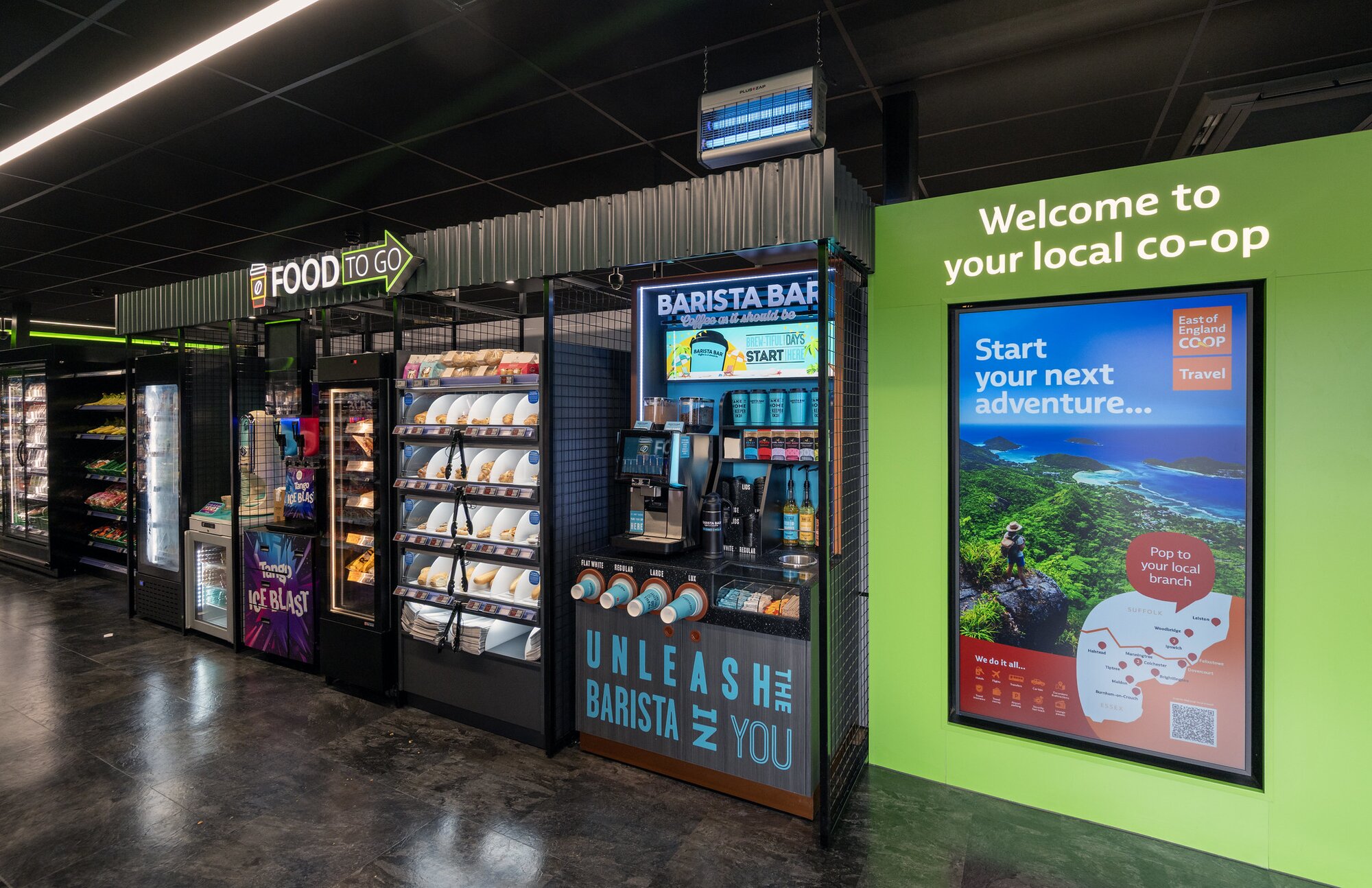
Our Story
Learn More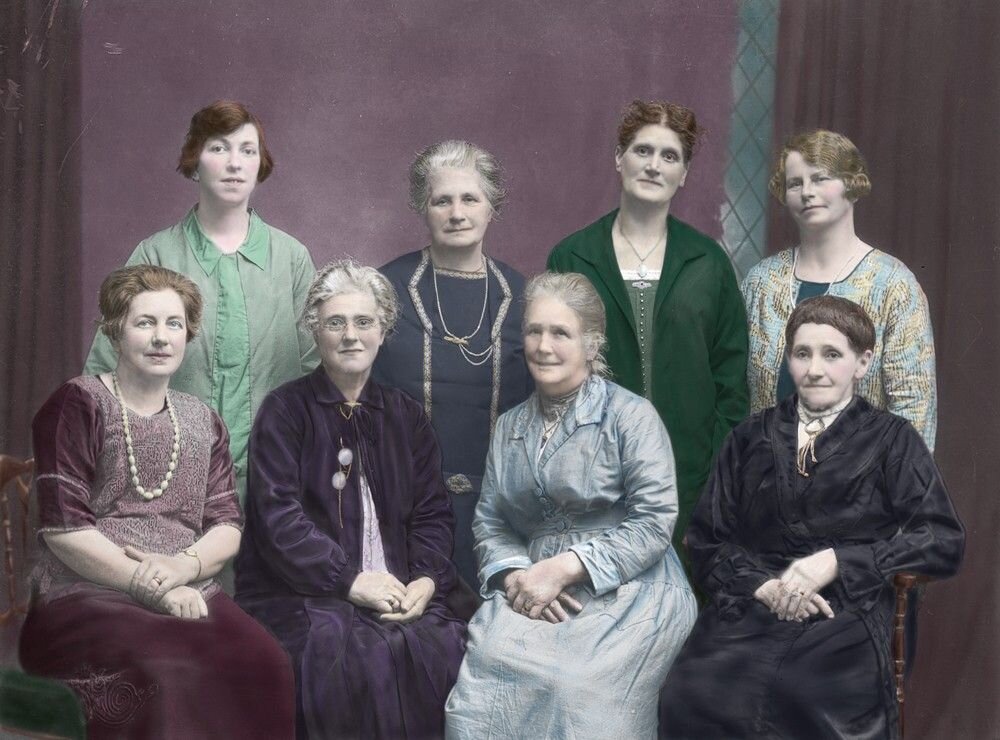
The Co-op Movement
Learn More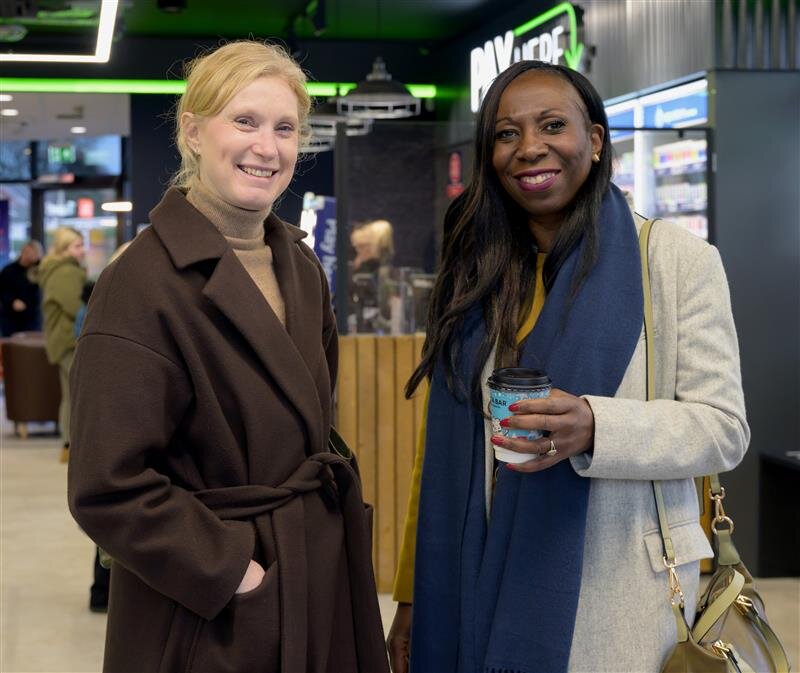
Our Board
Learn More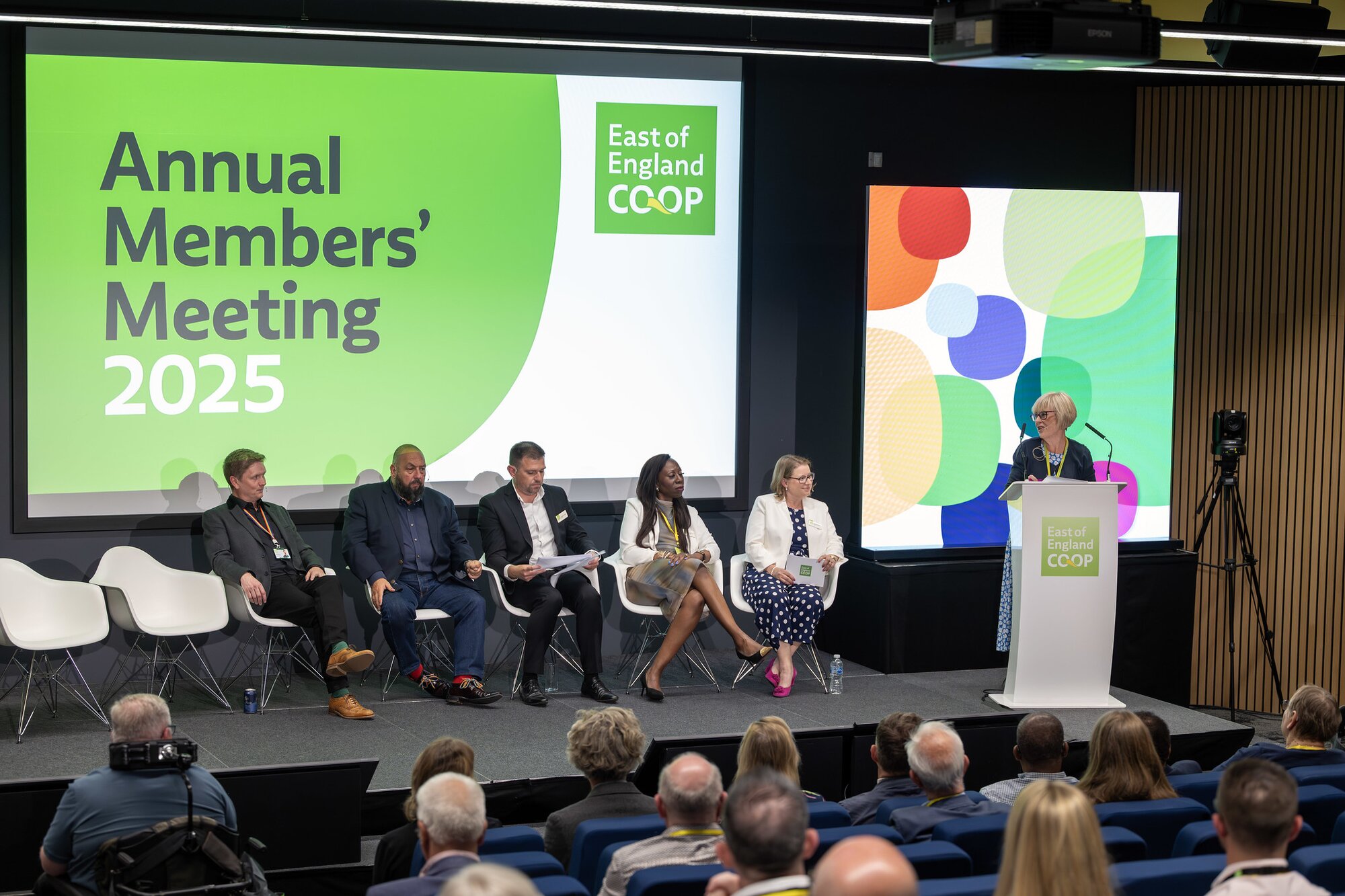
Our Senior Leadership Team
Learn More
Our Policies
Learn More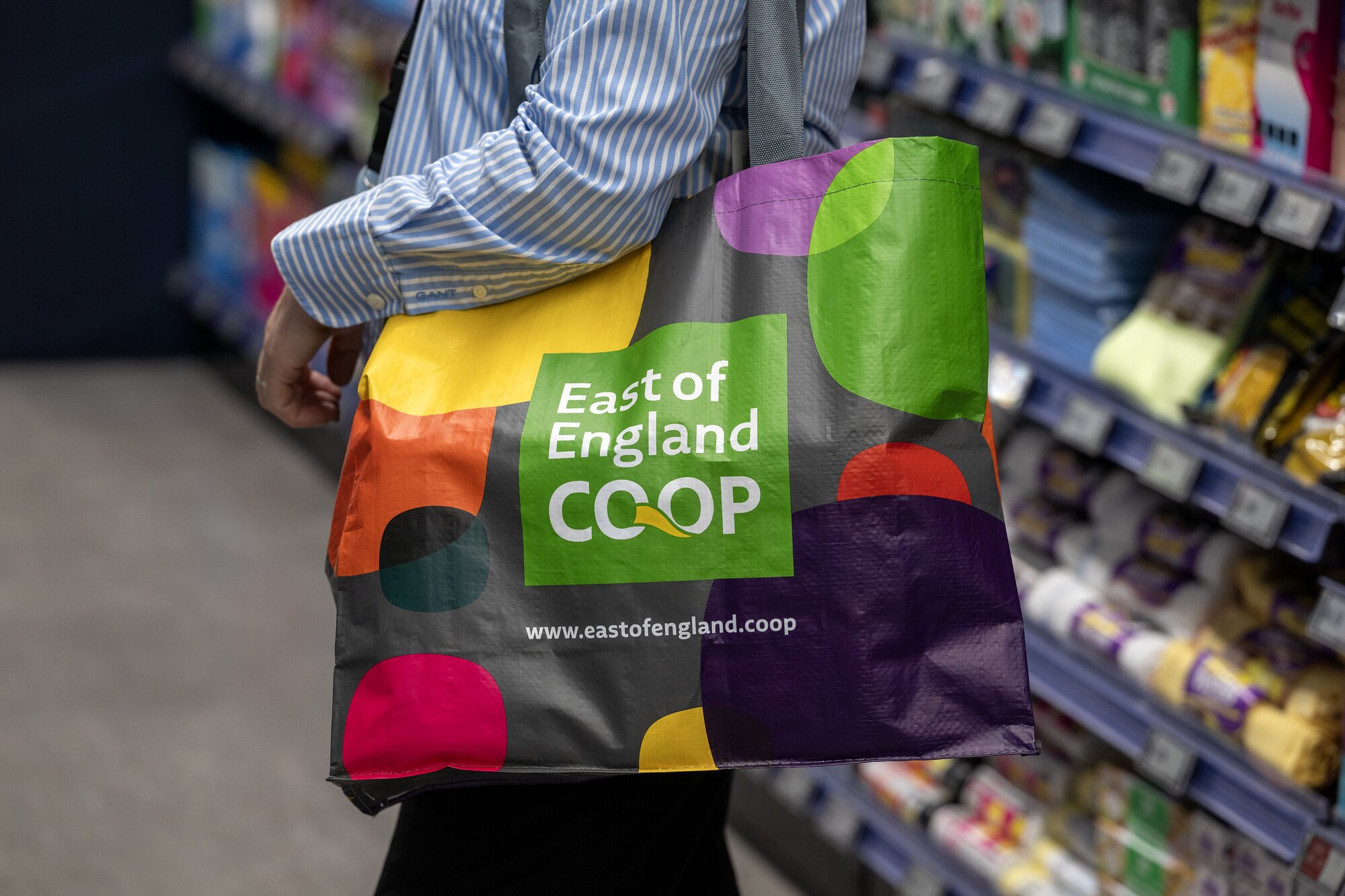
Annual Reports
Learn More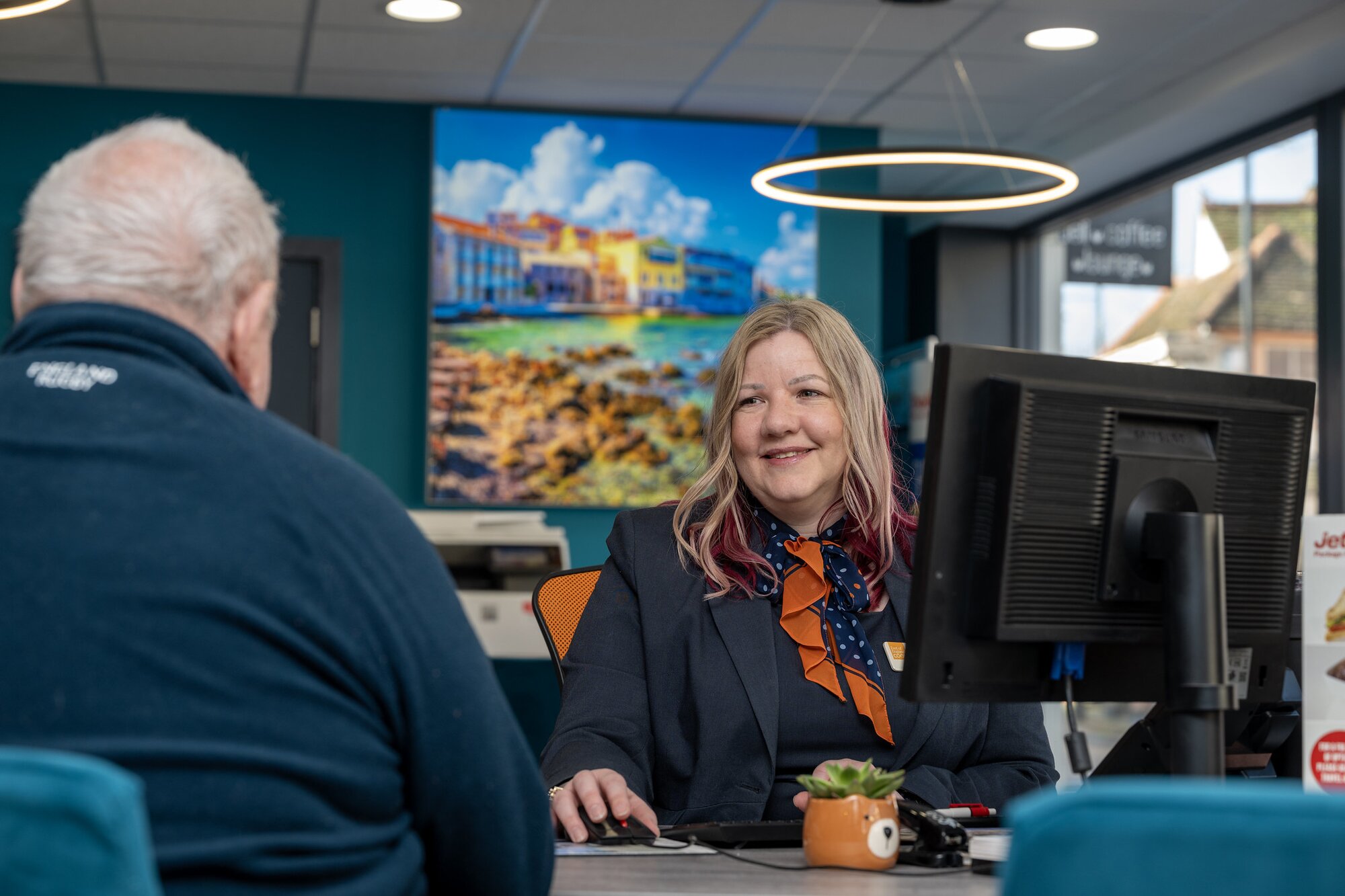
Gender Pay Gap Report
Learn More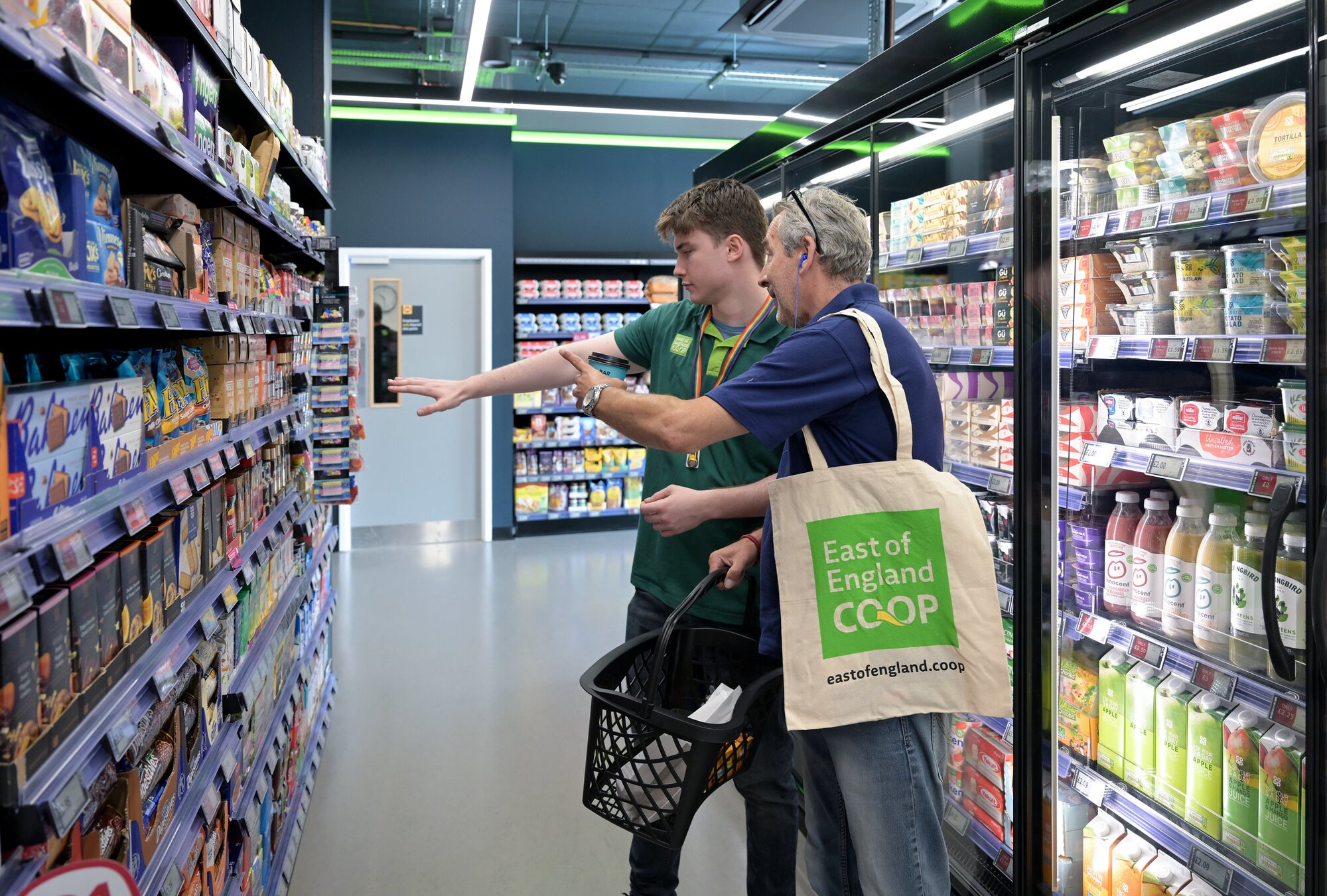
Careers
Learn MoreFind your Local East of England Co-op
Search for a store name, an area or a postcode or use your current location to find your closest store, or contact us



